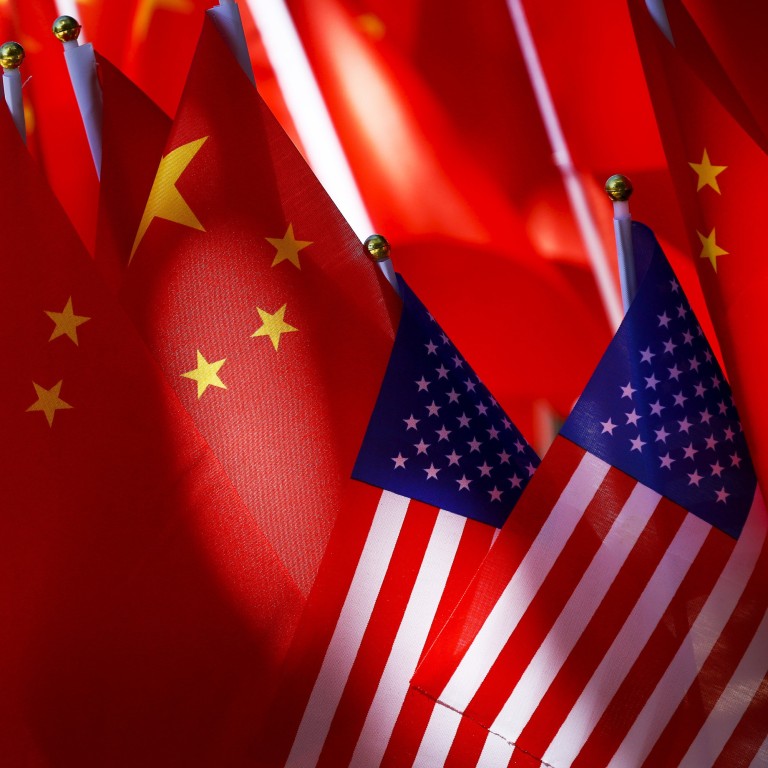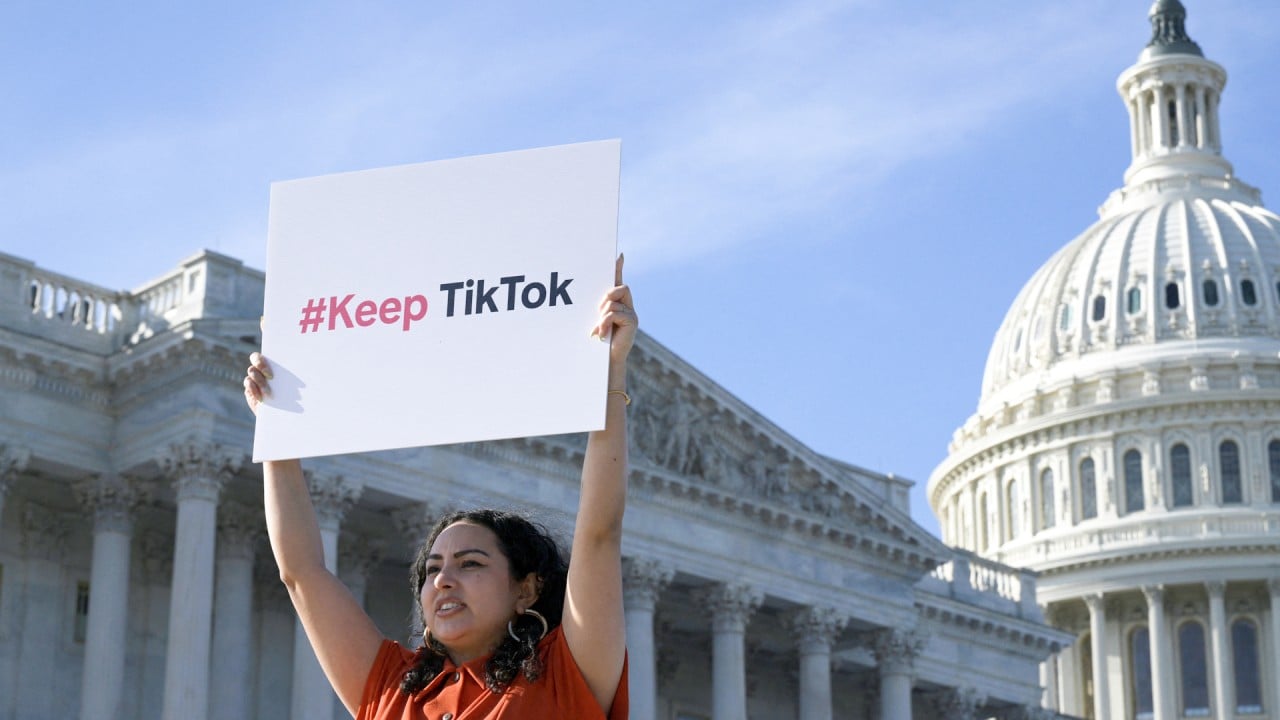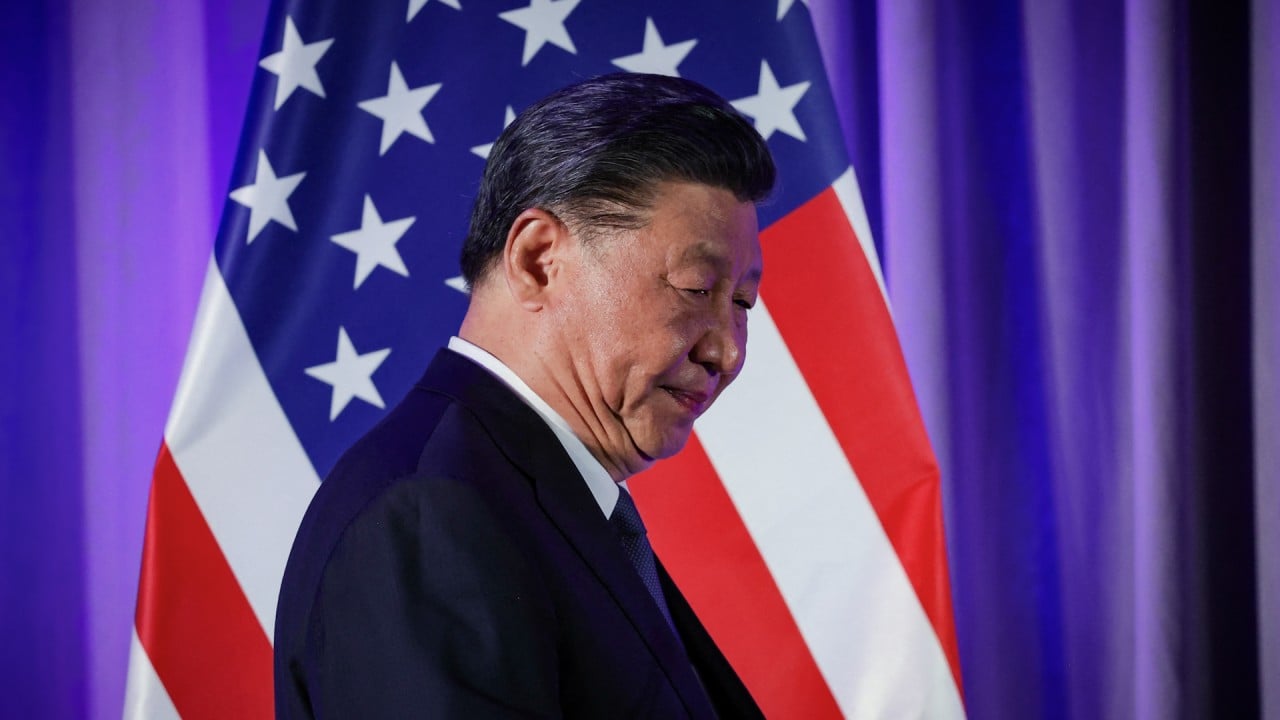
Chinese business executives see US-China rivalry as ‘biggest uncertainty’, stay upbeat on markets
- ‘Geopolitics is the biggest uncertainty,’ says Chen Dongsheng, chairman and CEO at Taikang Insurance Group
- Foreign interest in the Chinese market will depend on ‘the direction of next set of policies’ by Beijing, according to James Ding of GSR Ventures
Chinese business executives and investors are embracing a future fraught with geopolitical tensions and slowing economic growth, but also with opportunity emerging from the country’s burst real estate bubble.
That mix of anxiety and measured optimism was on display at a forum at Harvard University where tycoons, entrepreneurs and venture capitalist mingled with scholars and students over the weekend.
The participants said the ongoing housing slump depressed investor sentiment. But they also praised China’s economic resilience, supported by its vast pool of engineers and skilled workers, sophisticated infrastructure and innovation in areas such as renewable energy and electric vehicles.
Most of the discussion at the Harvard College China Forum, however, inevitably turned to the US-China relationship.
Hopes for future US-China relations lie in ‘touch points’: James Heimowitz
In a thinly veiled complaint that the US has penalised Chinese EV makers with tariffs and other restrictions, William Li, CEO of Nio, called for more cooperation, saying the Chinese government has refrained from discriminating against foreign carmakers.
“Geopolitics is the biggest uncertainty,” Chen Dongsheng, chairman and CEO at Taikang Insurance Group, said at the forum. “The trend of globalisation has turned into decoupling, technology blockade and trade protectionism.”
Graham Allison, a Harvard professor who met with President Xi Jinping and other senior leaders during a recent trip to Beijing, said he returned with both good and bad news. Allison popularised the term “Thucydides Trap,” which describes the historical tendency toward war when an emerging power threatens to dislodge the existing superpower.
The good news, he said, is that the meeting between Xi and US President Joe Biden in San Francisco in November put a floor under a deteriorating relationship and set a foundation for improvement. But it’s far from guaranteed that the two countries can compete and cooperate at the same time, he said.
Despite the economic challenges at home, Xi is “very much in command” with “a determined vision to make China all that it can be,” Allison said.
“So bad news: this is a genuine Thucydides rivalry between the fastest rising power of all time and the most colossal ruling power at least since Rome,” Allison said. “And neither of us is prepared to give much, with respect to its position.”
James Ding, managing director of GSR Ventures, said whether overseas investors will be enamoured of the Chinese market again depends on “the direction of next set of policies” by Beijing.
“The Chinese government is keen to revive the confidence among Chinese and foreign investors, as well as the private sector” Ding said. “I hope it will gradually improve.”
Private-equity investors to return to China in search of M&A deals in 2024: Bain
Other Chinese venture capital and private equity investors were relatively upbeat.
While China’s economy is confronted with a shrinking population and the geopolitical risks, China is minting millions of college graduates, engineers and other professional and enjoys competitive edges with a comprehensive supply chain and renewed focus on innovation, said Kevin Qi, chairman of Merger China Group.
“I have more positive talking points for China than the negatives,” Qi said.
Jing Hong, founding Partner and CEO at Gaucheness Capital, echoed the sentiment. She said she is bullish on Chinese assets as well as overseas start-ups by Chinese entrepreneurs.
The structural shift from labour and capital-intensive economy means China needs to push for technology innovation to improve productivity, which brings about “a huge opportunity,” she said. She added China’s stable social and political structure points to a more sustainable development than most of its peers.
“A lot of people see how China slowed significantly, but they underestimate how stable the society is,” Hong said. “Ultimately, it’s not about how much the GDP can grow. It’s about which country can protect the lower half of the population. China did pretty good on that.”




